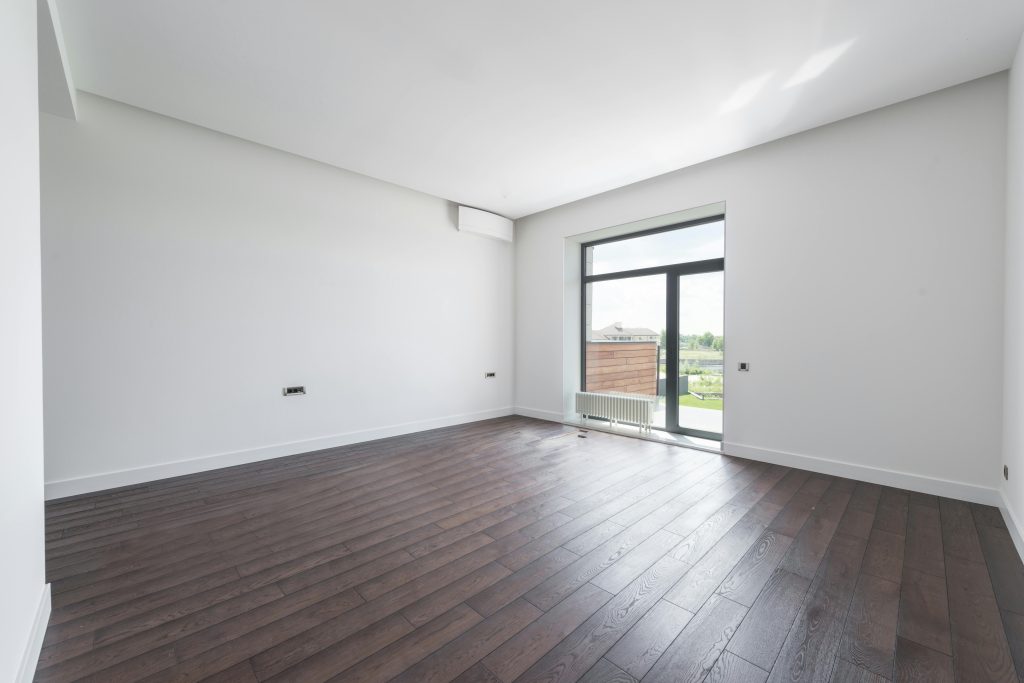Long-term care costs in the UK can hit hard.
A decent residential care home? You’re looking at around £62,000 a year. If you need nursing care, that jumps to about £73,000 – and prices keep climbing.
Even tougher, if your assets top £23,250 (yes, including your home), you’ll likely foot the entire bill yourself. That’s why so many older homeowners face that grim question:
“Will I have to sell my home just to cover care?”
The upside? Not necessarily. Legal exemptions, funding options, and clever planning can shield your property, if you grasp how the system ticks.
This guide runs you through 8 solid ways to sidestep selling your house for care fees in England and Wales, plus pitfalls to dodge.
1. Understand How Care Fees Are Calculated
It all kicks off with the means test – your local council’s financial check to figure out your contribution.
They assess:
- Income – pensions, benefits, rental earnings, and the like.
- Capital – savings, investments, and your home’s value.
- Care needs – do you qualify for residential care?
Capital thresholds in England (2025):
- Over £23,250: You cover the lot yourself.
- £14,250–£23,250: You chip in partly; the council picks up the rest.
- Under £14,250: You only contribute from income.
Your property can push you over the edge straight away, unless it’s left out of the means test.
That’s where “property disregard” rules step in.
2. Take Advantage of Mandatory Property Disregards
In some situations, your home must be overlooked for care fee calculations. These are mandatory disregards.
The property stays out if it’s occupied by:
- Your spouse, civil partner, or partner (any age).
- A close relative who is:
- Aged 60 or over.
- Disabled.
- Under 18 and dependent on you.
If this fits, your home’s value isn’t factored in, so you might still get funding without a sale.
To prove it:
- Supply details of who lives there.
- Provide ID, birth or marriage certificates, or disability proof.
- Secure written confirmation from the council.
Watch out: If that person leaves, passes away, or enters care, the disregard stops – and the council can reassess.
3. Apply for NHS Continuing Healthcare (CHC)
CHC is a fully funded care package from the NHS – it covers 100% of costs without dipping into your home or savings.
Who qualifies? It’s about health needs, not your wallet. You could be eligible if your needs are:
- Complex.
- Ongoing.
- Mainly health-based (think advanced dementia, Parkinson’s, or severe disabilities).
How to apply:
- Request a ‘Checklist Assessment’ after your care needs check.
- If it flags potential, you’ll get a full review from an NHS multidisciplinary team.
- If approved, the NHS handles your care home fees completely.
For more on eligibility, check the NHS guidance here.
If CHC isn’t for you, you might land NHS-funded nursing care (FNC), which pays £254.06 a week (standard rate) towards nursing in a care home.
Tip: Always push for an assessment – even if they say you won’t qualify. Families have saved £100,000-plus by appealing knock-backs.
4. Consider a Deferred Payment Agreement (DPA)
If your home counts in the means test, a DPA lets you postpone care fees until later – often after you pass on or sell voluntarily.
How it works:
- The council fronts the fees now.
- They secure a legal charge on your home (like a loan).
- You repay from sale proceeds later, plus interest.
Eligibility:
- You’re moving permanently into a care home.
- Other assets under £23,250.
- Property not disregarded.
Costs: Interest at 4.65% (as of July 2025) plus setup fees (£500–£1,000).
This buys you time to keep the home short-term and weigh other paths.
5. Change from Joint Tenants to Tenants in Common
If you own your home as joint tenants with a partner, the survivor gets the whole lot automatically. Fine until they need care – then the full value gets assessed.
Fix: Switch to tenants in common, so each owns a set share (often 50%). You can then will your share to others, keeping it off future means tests.
Steps:
- Get a solicitor to sever the joint tenancy.
- Update wills to match the new setup.
- Register the change with the Land Registry.
Once tenants in common, add a Protective Property Trust to your will. Again this must be done by the solicitor.
How it works:
- On your death, your share goes into the trust.
- Your spouse lives there for life but doesn’t own your bit.
- That share goes to beneficiaries when your spouse dies – safe from care assessments.
Benefits:
- Shields kids’ inheritance from care costs.
- Avoids issues if your spouse remarries.
- Fully legal, dodging “deliberate deprivation”.
6. Use Equity Release to Fund Care
If you’re 55 or over, equity release frees cash from your home while you stay put.
Options:
- Lifetime Mortgage – borrow against it; repay on death or permanent care move.
- Home Reversion – sell part or all to a provider; live rent-free until death or care.
Pros:
- Remain in your home.
- Get tax-free cash.
- Skip an immediate sale.
- Reduces or eliminates equity eligible for the means test.
Cons:
- Interest piles up fast.
- Cuts your estate’s value.
Always consult an FCA-regulated adviser.
7. Rent Out Your Property
Heading into care? Rent your property to offset care fees.
Example: If care runs £1,200 a week (£62,400 a year) and your home rents for £1,500 a month (£18,000 a year), that’s a hefty dent covered.
Got multiple properties or other income sources? That could cover even more from the bill.
Considerations:
- Landlord duties (safety checks, repairs, licensing).
- Tax on rental income.
- Insurance tweaks and lender nods.
This potentially preserves the property in your estate and might delay or ditch a sale entirely.
8. Use Savings and Other Assets First
Got other wealth – savings, ISAs, pensions, investments, valuables, or a second property? Spend those down first.
This can:
- Drop you below £23,250 quicker (unlocking council aid).
- Keep the home out of means testing.
- Give breathing room for other strategies.
Plan draws with a financial adviser to cut tax and avoid forced sales in a dip.
Avoid “Deliberate Deprivation”
Handing away your home or assets to dodge care fees can rebound badly. Councils might:
- Act like you still own it.
- Deny funding.
- Pursue legal steps.
Examples:
- Gifting your house.
- Selling below market value.
- Shifting property to another’s name.
No time limit – they can probe back years if avoidance seems the motive. (Note: The “7-year rule” is a myth for care fees; it’s for inheritance tax.)
Plan ahead, note real reasons, and stick to legit moves like will trusts and tenants in common.
Legal & Planning Essentials
Lasting Power of Attorney (LPA) – lets a trusted person handle your finances if capacity fades. Skip it, and your family faces pricey, drawn-out Court of Protection hassles.
Inheritance Tax (IHT) – some strategies impact IHT; get advice to swerve surprise hits.
Appeals – councils err. Challenge wrong means tests or CHC denials fast, with a solicitor if needed.
Why Property Rescue Can Help
Selling for care isn’t always unavoidable – but if it is, how you do it matters.
With Property Rescue, skip estate agents, viewings, chains, and sneaky fees.
We buy for cash in as little as 48 hours directly from the owner, we cover legals, and keep you in charge.
For over 20 years, we’ve helped homeowners unlock funds fast and fuss-free; for care, debts, or a sure sale without endless waits.
Facing care costs? Don’t let options slip. See how fast and straightforward selling can be with a committed cash buyer ready and waiting.









